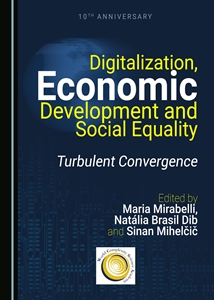
This book represents one of the outcomes of the World Complexity Science Academy (WCSA) Conference held in Rome in the Autumn of 2018, titled “Turbulent Convergence”. It reflects the fruitful discussions developed by a number of papers presented at the event by scholars from several different countries. In particular, the volume represents a great effort on the part of the WCSA to gather research carried out in Europe and beyond and to provide a forum for valuable discussion at international level in a cosmopolitan way.
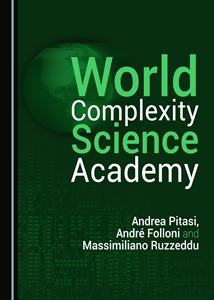
The WCSA book series is devoted to sociological works that are based upon Complexity and Systemic theories.The series reflects the conviction of WCSA that, in these turbulent times, Complexity theories are the best scientific tools to seize the incertitude and the ignorance that affect both social scientist and social actors in their everyday lives. The series welcomes books that consist of either epistemological works or researches on specific subjects. The epistemic works will boost the recently neglected debate on the nature and the potentialities of Complexity theories. Furthermore, through this series WCSA aims to valorize Luhmann’s scientific legacy and continue his epistemic and sociological work. The researches will be both theoretical and empirical, and will analyze specific social phenomena through the complex and systemic tools
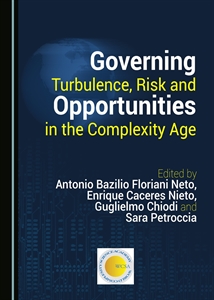
The book is composed of several articles that explore complexity in its most varied aspects. The solution of contemporary problems, whatever they may be, requires a multifaceted vision, far beyond the reductionist perspective. The study of complex systems, however, does not have the capacity to offer ready answers to the challenges of humanity. On the contrary, it points to the increase in uncertainty, the need to control variables, and uncertainty. This does not mean, therefore, that we should simply ignore the social, economic, and political phenomena that are all around us. What this book demonstrates is the importance of knowledge being disseminated, and it is imperative that different sciences exchange ideas, theories, and breakthroughs.
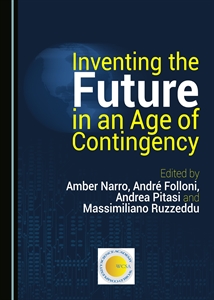
In a world where communication and language are not as divisive as they once were, we are experiencing a convergence unlike any other. Through technology and a broadening of our cultural understanding, we are opening doors and closing communication borders. While it is easier to adapt to and enter each other’s worlds, still we must navigate complex systems to understand operations within groups and organisations. Our experiences allow us more acceptance, but education is the only door to full comprehension. The chapters in this volume challenge readers to explore complexity theory and offer elements that support the continued and ever-growing need for its use. The book explores technology, culture, and science to navigate systems within organisations, in order to divulge the broad spectrum in which complexity theory may be utilised.
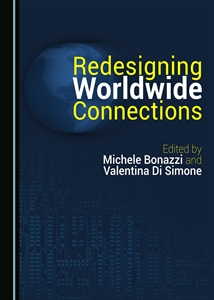
In the next twenty years, the convergence of robotics, informatics, nano-bio-technologies, genetics, information technologies, and cognitive sciences will have a significant impact on society. This convergence will lead to a revolution in the way that science, health, energy, resources, production, consumption and environment are conceptualised. However, these technologies will also pose new and specific challenges in terms of sustainability, ethics, and even expectations of the future. Indeed, today, the word “future” is often associated with pessimism and fear, much more than it was in the past.
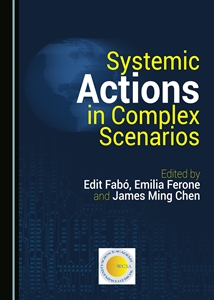
What is the contribution of General System Theory to the macro-level understanding of economic, social and technological changes in our epoch from a multidimensional perspective? What is the contribution of Social Action Theory on a micro-scale? Can complex scenario analyses, although based upon uncertainty and unpredictability, offer a viable toolkit for managing these transformations?
By continuing to use the site, you agree to the use of cookies. more information
The cookie settings on this website are set to "allow cookies" to give you the best browsing experience possible. If you continue to use this website without changing your cookie settings or you click "Accept" below then you are consenting to this.